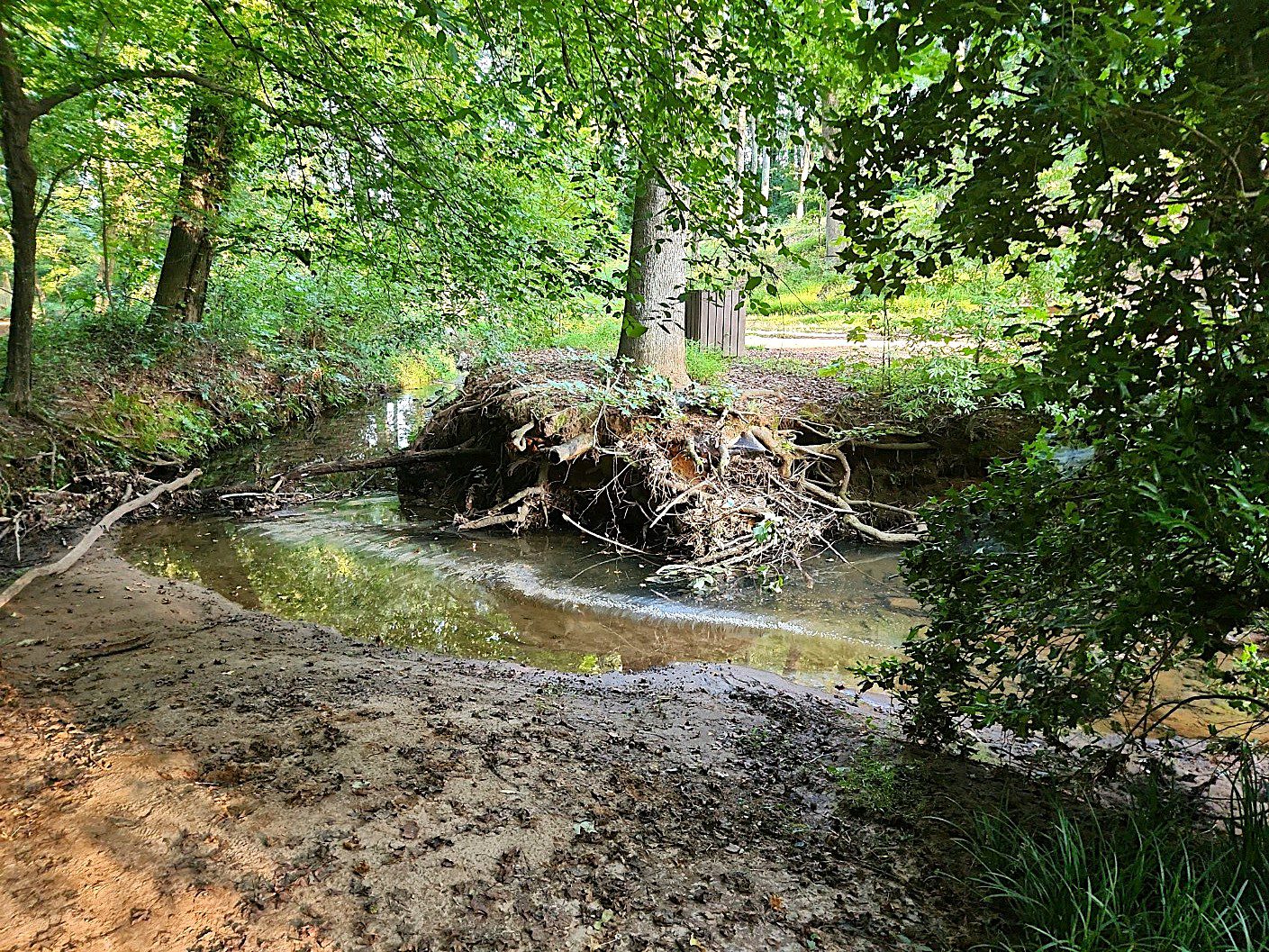How a Disabled SUV Taught Me About Southern Mercy: A Good Samaritan Story in Greenville
A Wise Carpenter once shared a story that has echoed through millennia. Two leaders, revered in their community, encountered a man left for dead on a dusty road. They saw his wounds, his vulnerability—and chose to walk away. Perhaps they feared disease, responsibility, or the inconvenience of stained robes. But a Samaritan, an outsider scorned by society, stopped. He poured oil and wine into the man’s wounds, carried him to an inn, and paid for his care with a promise: “Whatever more you spend, I will repay.” In times of crisis, such as Greenville County power outages Helene, or when storms leave destruction in their wake, acts of service define true neighbors. Whether it’s offering shelter, clearing debris, or providing Greer SC emergency tree services, stepping up to help others remains the highest calling. When asked, “Who was the good neighbor?” the answer was undeniable. The Carpenter’s lesson? “Go and do likewise.”Two thousand years later, on a scorching South Carolina afternoon, that parable became my reality.
A Parable Revisited
By every metric, I had no business leaving my bed. After two brutal bouts of COVID and a merciless shingles outbreak, my body felt like a frayed extension cord—sparking, unreliable. For weeks, I’d worked from what my “ dungeon”—a dim bedroom where the hum of my air conditioner dueled with the buzz of my laptop. My 35-year-old tree care business, Greentree, was weathering storms of its own: clients needed diagnoses for dying oaks, storm-damaged pines, and crepe myrtles strangled by vine. Profit margins? Thin as birch bark. But when an urban forester requested a meeting, I dragged myself out.
The details blur now. Fever fog. Medication haze. I remember pouring a gallon of spare gas into my SUV after stalling on the roadside, then driving—somehow—70 miles in the wrong direction. One gallon. Eighteen miles per gallon. Basic math insists this was impossible, yet there I was: stranded on I-85 near Chesnee, phone dead, face blowing up in the heat. Tractor-trailers roared past a few feet away at 80 mph, their windshields reflecting a thousand suns. I waved a sweaty cap, deployed a crumpled orange cone, and wondered: Do I look like a criminal? Or a fool?
For two hours, I learned the weight of invisibility.
Angels in Yellow Trucks
AAA couldn’t trace my location. Friends didn’t pick up. Then, like a diesel-powered miracle, a DOT tow truck rumbled behind me. The driver—a mountain of a man with hands huge—brought a gas can without a word. When I tried to pay, he shook his head. All he accepted was a glass bottle of water from my SUV’s mini-fridge, kept at a precise 33°F. “Best water I’ve ever had,” he grinned. Irony struck: I’d spent years representing the DOT in court, yet here they were saving me.
Gas Stations and Grace Notes
At a Chesnee gas station, disorientation deepened. I fumbled credit cards, misread pump numbers (#9 vs. #11), and spilled fuel like a rookie. The heat index hit 103°F. My face pulsed with shingle-induced agony. Still, I found myself on I-85, headed back to my bedroom—only to spot a mother and son stranded on the shoulder, their rental car crippled by a shredded tire. Traffic dangerously raced past them, indifferent as winter frost.
Cue my inner Savior
Swerving through three lanes of rush-hour chaos—ignoring honks, flashing hazards—I pulled-up behind them. The son, sweat-drenched and shaking, struggled with a flimsy scissor jack. “Let me help,” I urged. From my trunk, I pulled my hydraulic jack kit I bought online for moments just like this. In minutes, the tire was swapped.
I handed them glass bottles of chilled water—my “modern-day oil and wine”—and offered, “Call me if you ever need help,” I said, pressing my Greentree card into his palm. He hugged me, tears mingling with sweat, oblivious to rushing-hour drivers.

Unlikely help arrives.
The Carpenter’s Chisel
Like a disturbed mound of ants, it seems like everyone is in a hurry to get somewhere. Yet the Carpenter’s words still carve truth today: “You strain out a gnat but swallow a camel.”
My failures that day—the empty gas can, the dead phone—were gnats. The camels? The mother’s relief. The son’s tears. Had I stayed in bed, I’d have missed the sacred privilege of being a footnote in their stories.

his plyers were futile

my tools worked better

less than 2 minutes later
Final Thought
The original Good Samaritan didn’t just “help.” He interrupted his life. He risked ritual impurity, spent money, and promised to return. In our age of viral outrage and curated empathy, true neighborliness isn’t a hashtag—it’s hydraulic jacks in trunks, glass water bottles in fridges, and eyes wide enough to see sacred ground in disabled lanes. When disasters strike, like Hurricane Helene damage SC, true neighborliness means stepping up before tragedy hits. Proactive measures such as tree risk assessment Greenville can prevent fallen trees from endangering homes and lives, ensuring communities are better prepared for the next storm.











